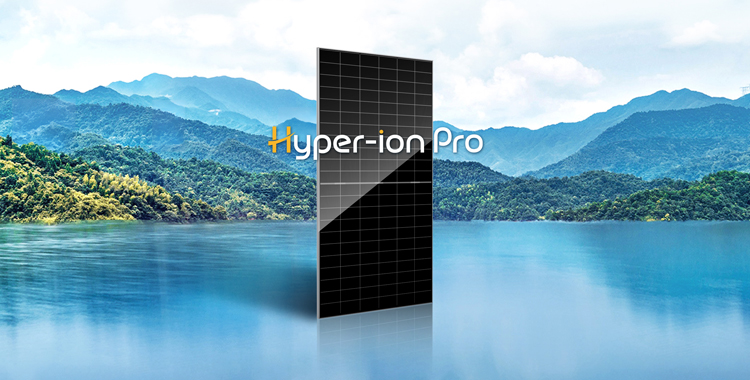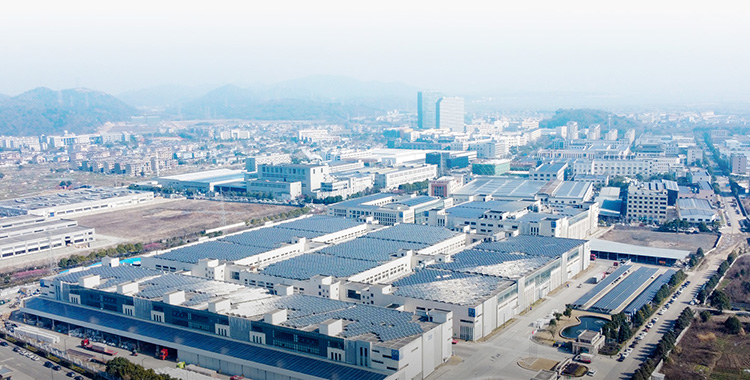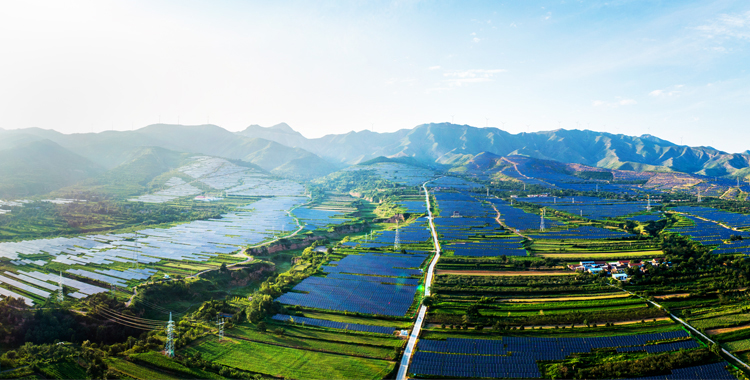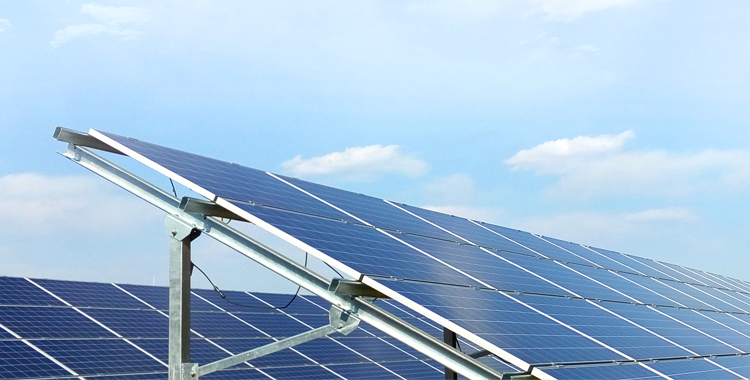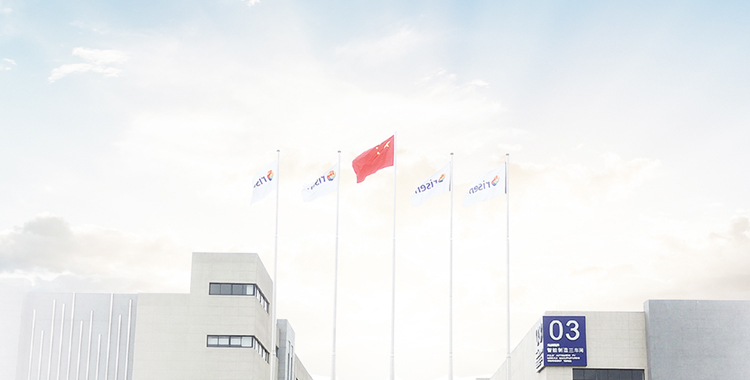Risen Energy Releases the Standard: Zinc-Aluminum-Magnesium Coated Steel Frames for Photovoltaic Modules
With the advancement of carbon neutrality process, photovoltaics (PV), as one of the most representative clean energy, has seen a continuous expansion in the market scale, with a growing momentum in new installations. In this context, the adoption of energy-saving, emission-reducing, low-carbon and eco-friendly technologies and new materials has become the trend of the PV industry. To enhance the green and low-carbon attributes of solar products, manufacturers in the industry are intensifying research on low-carbonization of photovoltaic materials. Recently, the standard “Zinc-Aluminum-Magnesium Coated Steel Frames for Photovoltaic Modules”, initiated by Risen Energy and complied by the Chinese Standards for Testing and Materials (CSTM) alliance, was officially released, which redefine green standards through innovative technology.
As a global leading manufacturer of high-performance solar photovoltaic (PV) products, Risen Energy has been investing heavily in R&D of new materials and technologies that save energy, reduce emission and cost, and improve efficiency since the beginning of 2020. The patented high-strength alloy steel frame developed by Risen Energy responds to the global call for carbon neutrality. This innovative technology optimizes carbon emissions of the product life cycle and reduces energy consumption during production, providing a new solution for the new energy industry to achieve energy-saving and emission reduction. After more than a year of reliability testing and design optimization, this technology has performed exceptionally well in various aspects. In terms of emission reduction, for 1GW module frame throughout its life cycle, the use of steel materials instead of aluminum can reduce carbon emissions by 77%, equivalent to saving over 90,000 tons of standard coal. Furthermore, as the proportion of recycled steel applications increases, this gap will be further widened. For instance, using recycled steel for all module frames can reduce up to 95.5% of carbon emissions. In terms of product performance, Risen Energy’s high-strength alloy steel frame is more robust than conventional aluminum frames, with an increase in tear resistance over 30%. In addition, Risen Energy’s high-strength alloy steel frame adopts zinc-aluminum-magnesium dense protective coating with self-repairing capability, combined with Risen Energy’s unique surface treatment process, providing outstanding corrosion resistance and effectively reducing the difficulty of operation and maintenance at later stage. In terms of product reliability, Risen Energy’s high-strength alloy steel frame products have passed rigorous tests such as DH5000, 3X PID, -40°C ultra-low-temperature static/dynamic loads, and wind tunnel test at 18 levels, demonstrating higher reliability. Since its launch at the end of 2021, the cumulative shipment of Risen Energy’s high-strength alloy steel frame modules has exceeded 4GW, gaining widespread popularity among a large customer base.
Given the excellent performance and high
value of high-strength steel frames, as well as Risen Energy’s mature
development and application experience of new materials frame in recent years, under
the organization of CSTM alliance, Risen Energy led relevant units in the
industry to develop a standard known as the Zinc-Aluminum-Magnesium Coated
Steel Frames for Photovoltaic Modules, in an effort to share technical
requirements, testing methods, inspection rules, packaging, labeling,
transportation and storage specifications of zinc-aluminum-magnesium coated
steel frames modules, address the lack of quality standards and testing rules
for the production of zinc-aluminum-magnesium coated steel frames, and bring
into play the foundational and leading role of uniform standards to further drive
high-level innovation in the PV industry, thereby contributing to carbon
neutrality.

